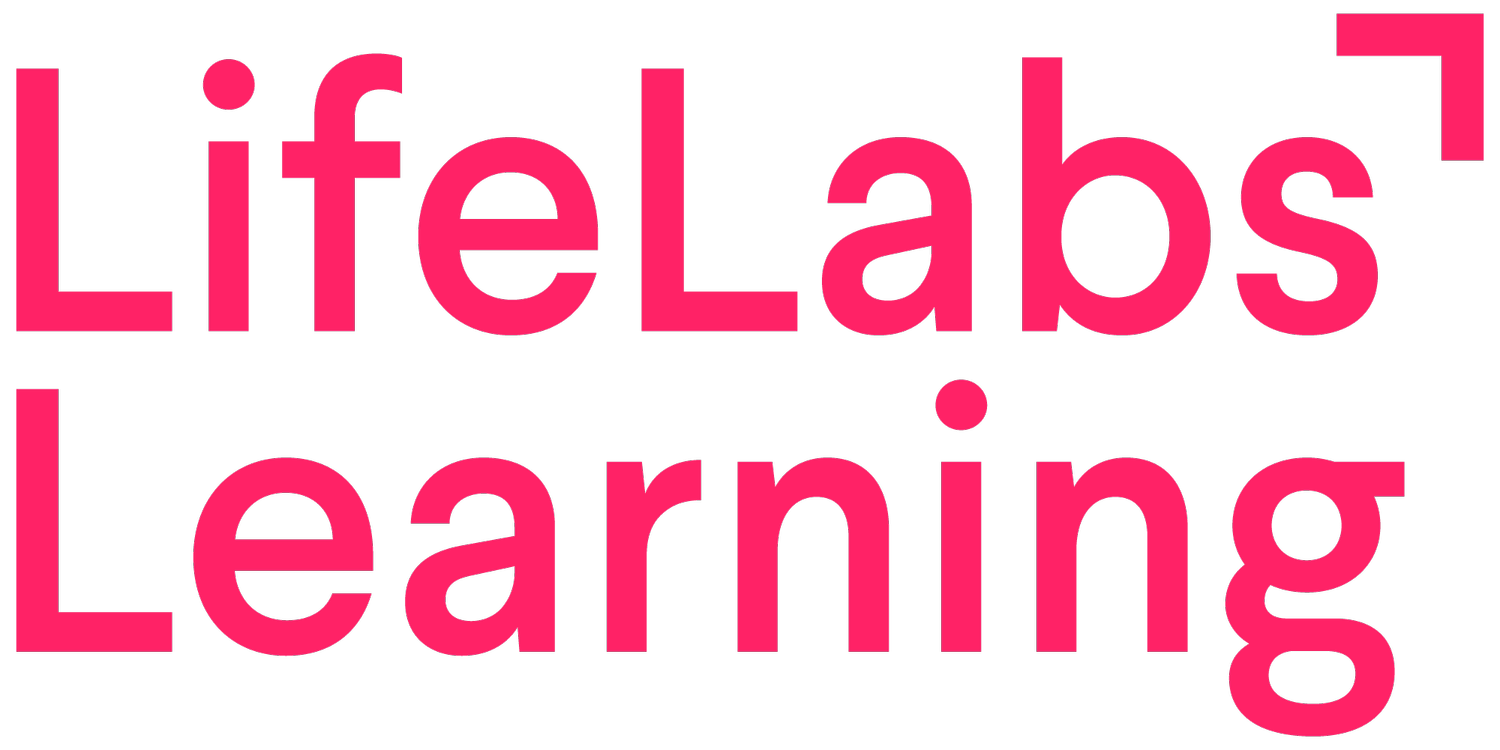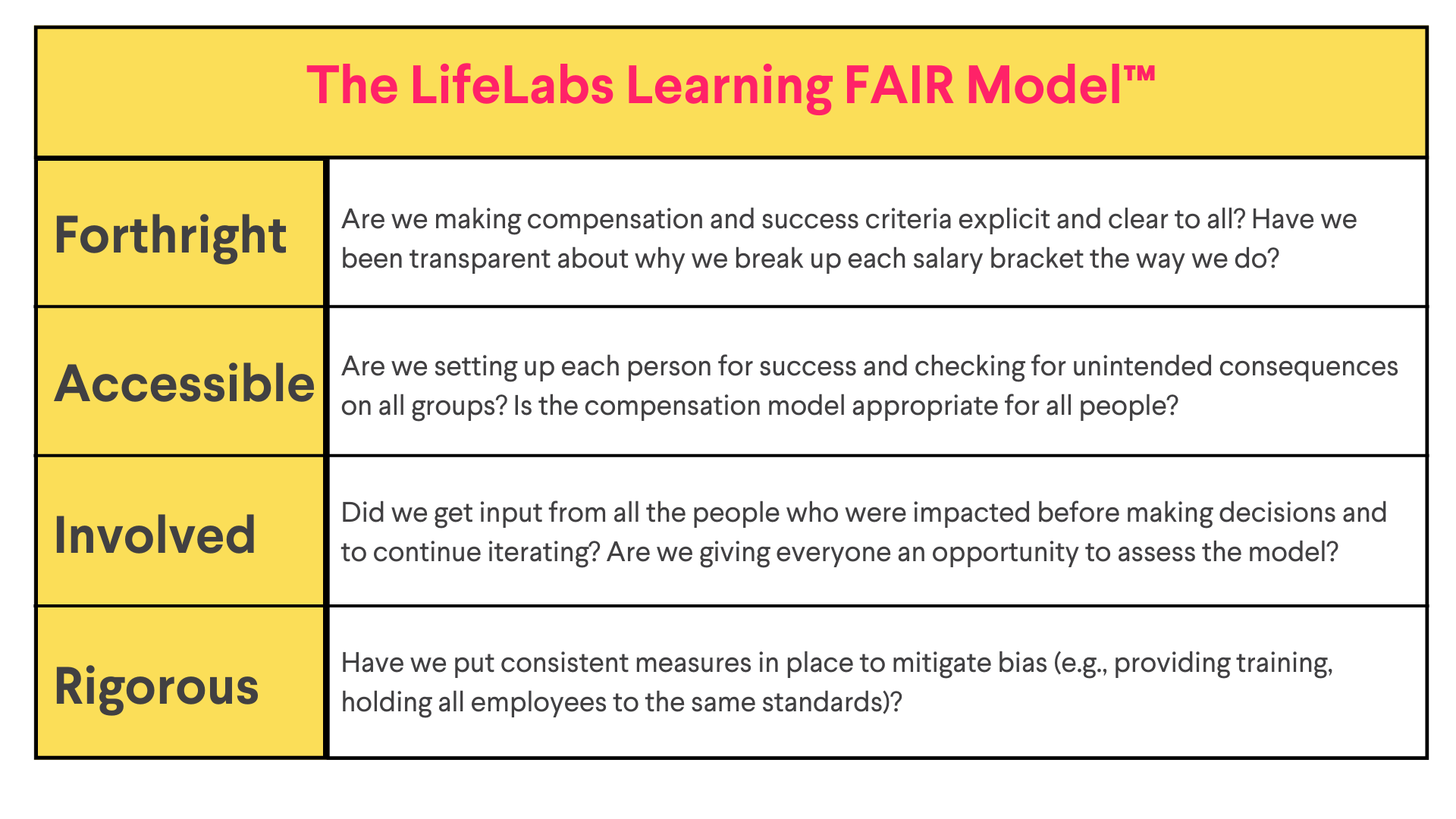Before you can create a true feedback culture, you need to distribute power
4-minute read
Formal performance reviews are often seen as an important touchpoint in the overall performance enablement ecosystem. Unfortunately, they are rarely effective because they are often not embedded in a culture of continuous feedback. At LifeLabs Learning, we train and study the companies that share frequent top-down, bottom-up, and peer-to-peer feedback. Having a feedback culture where feedback is normal creates psychological safety, the foundation for a robust performance enablement ecosystem. A 2021 market study done by Lattice shows that the more frequently an employee and their manager meet to discuss the employee’s progress on goals and career growth plans, the more engaged that employee is.
Of course, no matter how hard we try to normalize and encourage feedback, receiving ‘downward’ feedback still feels scary. Managers, with a high degree of power over their direct reports, directly impact the way feedback is perceived and replicated in a company. To build a true feedback culture, the goal is to equip managers with the skills and the tools to be deliberate about the way they support and enable performance. This starts with the way companies limit and distribute power.
Here are a few ways we do this at LifeLabs Learning:
Distribute decision-making authority
First, we mapped out what we consider to be “high stakes” decisions.
This includes decisions such as:
hiring,
firing,
compensation,
promotions,
performance assessments,
benefits,
and more.
Once those high-stakes decisions have been identified, we implemented a policy that requires that these decisions have to be made by at least two people. If those two people don’t agree, there has to be a third person to weigh in as a tie-breaker. This way, an individual’s professional growth isn't directly tied to just one person, creating more psychological safety when it comes to job security.
Time hack: Consolidating power to one individual can help with speed, but tends to limit the quality of the decisions being made. To find the sweet spot in between speed and quality, get specific on who the approvers are for these high stakes decisions upfront. The result? Less waiting on major decisions.
Standardize processes to help eliminate bias
When it comes to company-wide decisions, such as compensation, PTO policies, and more, we’ve created a clearly-defined formulaic process that any individual in the company can access. That way, the process is completely transparent and gives everyone equal access to the information. We also make sure any research, benchmarks, or industry data we use to create these systems is available to everyone in the company for reference.
Toolbox Term: At LifeLabs Learning, we implemented the FAIR Model™ to help determine our compensation process. To run a FAIR Check on your compensation model, use the following chart:
Implement a “role not soul” philosophy
We believe that there’s no such thing as “a person” who has authority. We map authority to the role, not the person in the role.This means that if the person in the role changes, the authority does not shift with them. That way, power dynamics stay tied to the title and since all employees have access to hold these same roles, power doesn’t stagnate with a select group of individuals — or worse, flow only in one direction.
For example, while a manager-level employee may have the power to assess the individuals on their team, the team members also assess their manager. Specific projects can call for varying levels of power regardless of a management title — if a manager is working on a project as a contributor, they will naturally have less power than whoever is the approver on that project, even if that person’s role does not inherently hold as much authority on a day to day basis. This keeps the power dynamics shifting in both directions, creating a more open culture that makes giving and receiving feedback less intimidating.
Performance Review Playbook
For more performance-related tools and templates, download our free Performance Review Playbook now.


